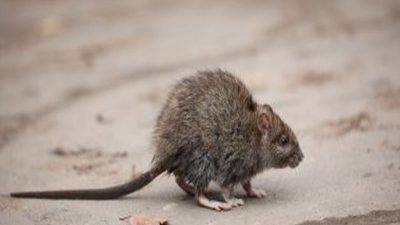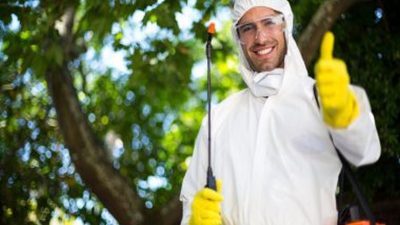Pest infestations can be frustrating and damaging to both homes and gardens. Among the most common insect pests are aphids and whiteflies, which not only harm plants but also attract other insects and diseases. Traditional methods of pest control often involve harsh chemicals that can pose risks to humans, pets, and beneficial insects in the ecosystem. However, with the advancement of technology, there are now safer alternatives for controlling aphids and whiteflies without harming the environment or compromising human health.
Aphids are small sap-sucking insects that can multiply quickly on plants, causing stunted growth and yellowing leaves. On the other hand, whiteflies are tiny flying insects that feed on plant juices by piercing their needles into leaves resulting in reduced plant vigor and decrease yield in fruits or vegetables. Both pests reproduce at an alarming rate, making them a constant threat for gardeners.
One of the safest ways to control aphids and whiteflies is through integrated pest management (IPM). IPM combines different strategies such as physical barriers, cultural practices, biological controls using natural enemies like ladybugs or lacewings while minimizing pesticide use. This approach is not only environmentally friendly but also cost-effective in eliminating these pests.
Another eco-friendly method of pest control is using https://www.pinterest.com.au/pin/730005420876405550/ insecticidal soap sprays or oils derived from neem trees which contain compounds known as azadirachtin . These natural pesticides work by suffocating or disrupting the growth hormone of insects causing them to die off without any harmful effects on non-target species like bees , butterflies , earthworms , beneficial arthropods , birds etc . Insecticidal soaps have little residual effects compared to traditional chemical pesticides making it ideal for organic farming .
Furthermore , companion planting is another strategy used for pest management . Certain plants act as a barrier or decoy plants that repel unwanted pests away from your desired crops . For instance marigolds attracts hover flies which eat aphids and whiteflies while rosemary has a strong aroma that deters the pests away .
Practicing good garden hygiene like regular pruning, removing old leaves , windbreaks etc also contributes to pest control by restricting breeding sites for insects and diseases.
Proper identification of insect pests is critical in successfully managing their population. Regular monitoring using yellow sticky traps placed near plants can help determine the presence of aphids or whiteflies and their numbers. This information is essential in deciding which method to use and how often to apply it.
In addition, prevention is always better than cure. Some basic precautions such as avoiding over watering, overcrowding plants, and fertilizing regularly can help keep plants healthy and more resilient against pesky invaders.
In conclusion, controlling aphids and whiteflies does not have to involve harsh chemicals that can harm our environment. With modern techniques like IPM, natural pesticides, companion planting, good garden hygiene practices , along with proper pest identification – we can successfully manage these garden pests without endangering ourselves or wildlife . It takes patience but investing time using safe methods can yield positive health benefits for everyone in the long run .









